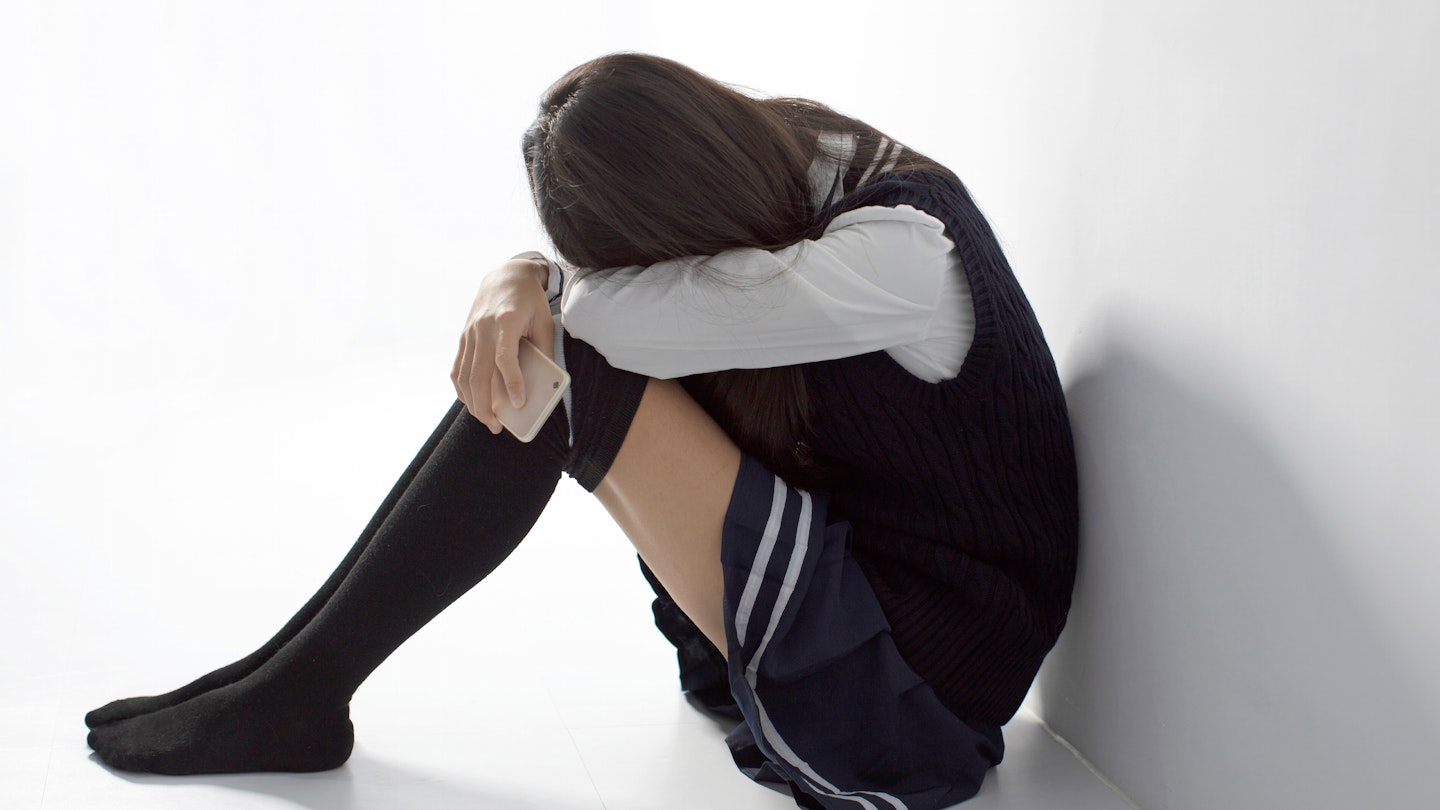As she walked between lessons, 12-year-old Dandy Doherty should have been safe. But the schoolgirl was approached by three male students, who laughed as they groped her.
No one came to Dandy’s rescue, and believing that no one would care, she didn’t report the incident.
Dandy says, “The boys in my year saw their female classmates as targets for lewd comments, jokes and harassment. So many of my friends have stories like mine – it was just part of everyday life at school.”
Sickeningly, Dandy went on to be raped aged just 15. Now 21, Dandy, from London, is speaking out about her ordeal following the launch of Everyone’s Invited, a website which asked pupils across the UK to anonymously report claims of sexual harassment in schools.
The website, founded by university student Soma Sara, was created in June 2020, but gained momentum after the shocking death of Sarah Everard, who was abducted and killed while walking home last month.
As Closer went to press, almost 15,000 stories of sexual violence and harassment had been added to the site.
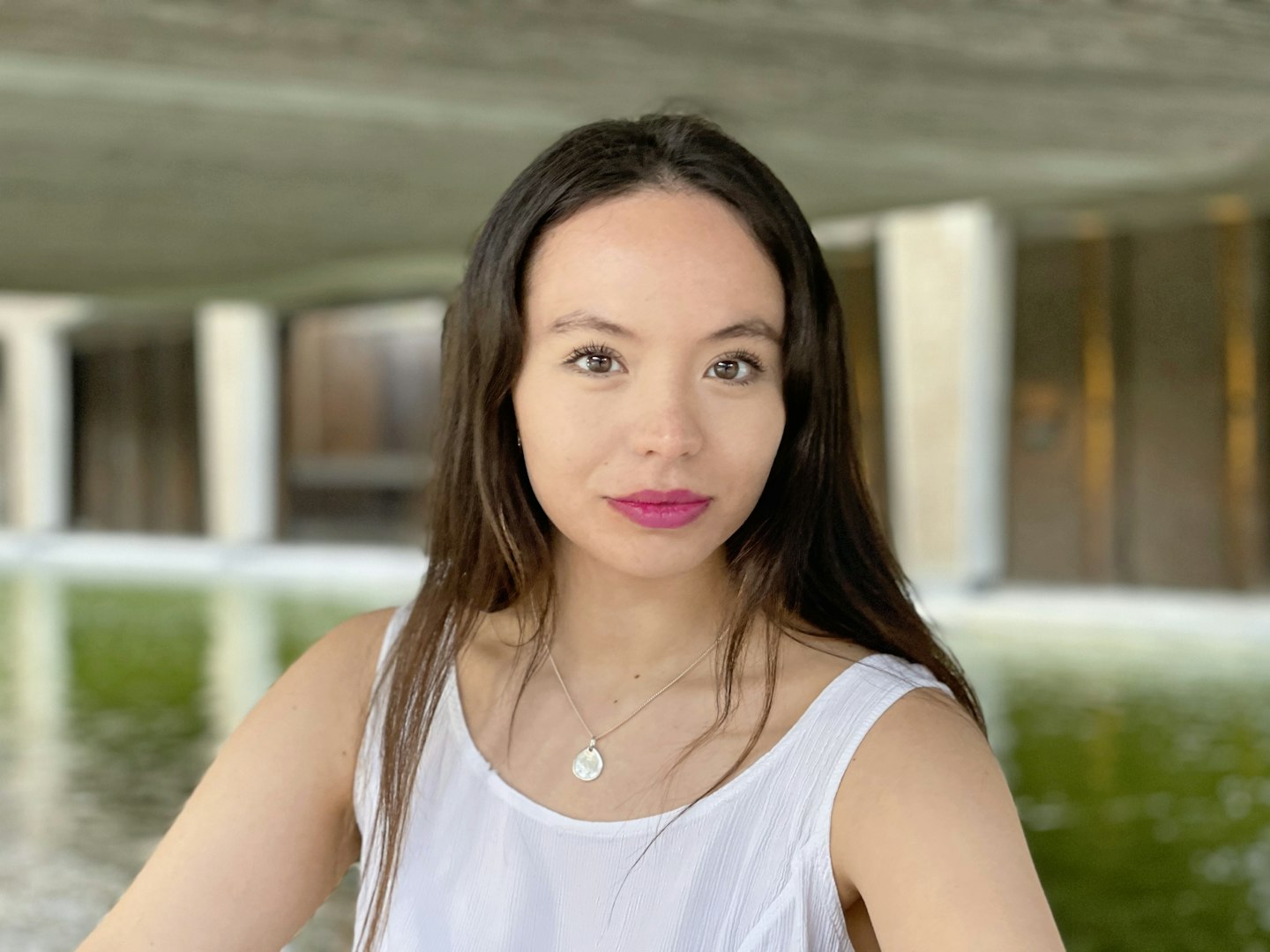
“I have been told I would probably like to be raped,” wrote one victim, while others talk of sexually explicit images of female pupils being shared online.
Worryingly statistics suggest schools aren’t taking the issue seriously – despite the flood of allegations, suspensions from school for sexual misconduct have actually fallen by 44 per cent over the past 10 years.
Soma, 22, says, “I started Everyone’s Invited after having conversations with my female friends – we’d all experienced some kind of sexual violence that we’d hidden from each other and adults. I hated the idea that my little sister would have to go through this too, so I wanted to do something.
“I’m not surprised by how many have shared their stories – but it is so sad to read them all. Rape culture shouldn’t be considered a normal part of life.”
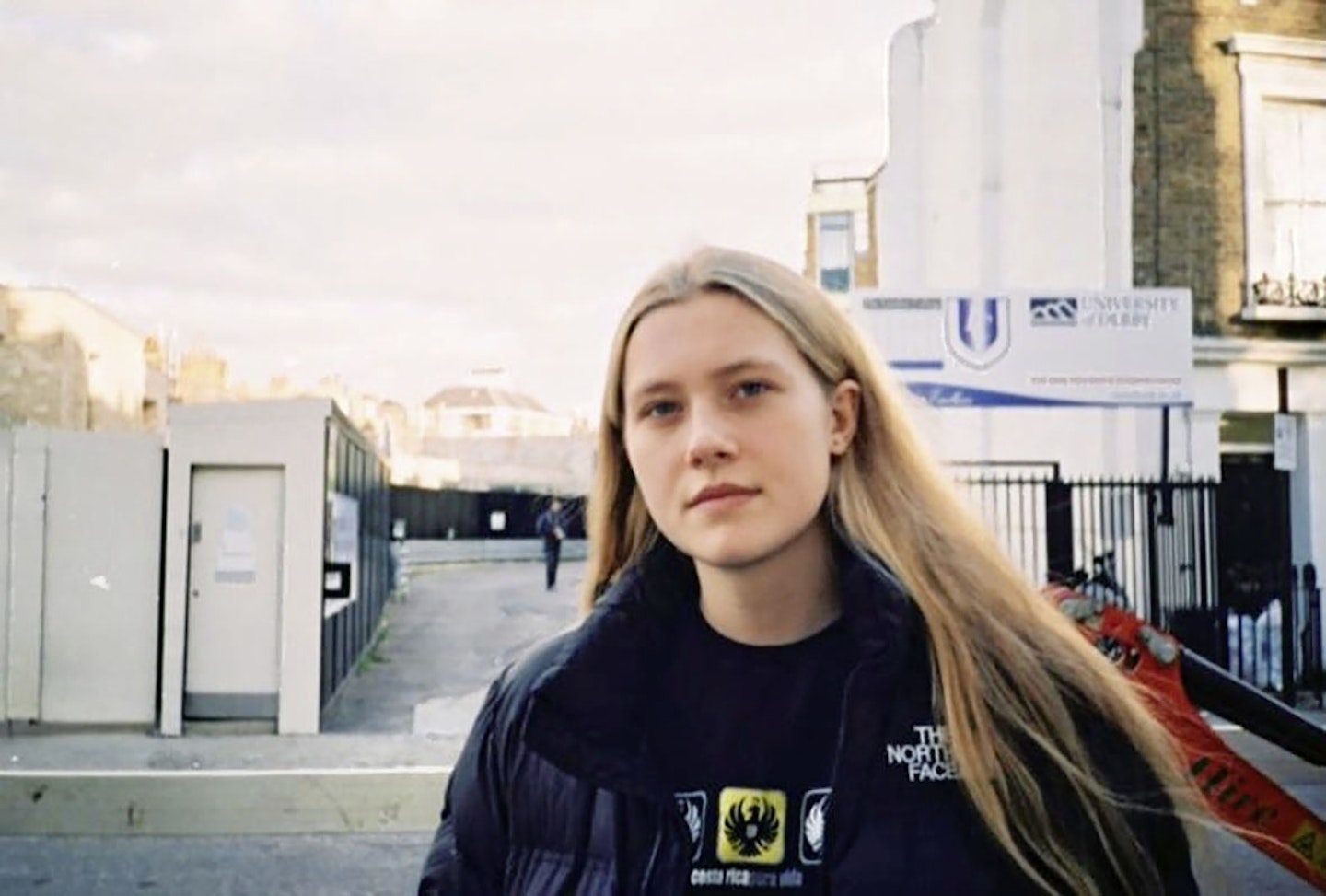
The volume of testimonies led to the Government ordering Ofsted to launch a review into safeguarding policies and practices at schools, while the Education Secretary, Gavin Williamson, called the allegations “shocking and abhorrent”. The NSPCC have also launched a dedicated helpline for people to report abuse in educational settings. The charity’s CEO, Sir Peter Wanless, said, “At least a third of sexual offences against children are committed by other young people and that must be addressed. All children should be able to grow up in a safe community that is free from sexual violence where their rights are respected.
“Creating a culture that fosters healthy relationships and challenges harassment and abuse is integral to this. With the right support for teachers, compulsory relationships and sex education has a pivotal role to play in achieving this.”
Dandy, now a university student, says she suffered sexual abuse and violence at the hands of her classmates throughout her time at secondary school.
She explains, “At a classmate’s birthday party, when I was 11, I was pressured into kissing a boy. I was too embarrassed to say no, and when we kissed, everyone took photos. The next day at school, everyone seemed to have seen the photo. I was called ‘easy’, and ‘up for it’.
“And every day for the next year, the same three boys would grope my breasts, to see if they were getting bigger than they appeared in the photo. It taught me that my body wasn’t my own – it belonged to those boys, not me.
“I never told a teacher, but these boys were doing this to me in the playground in broad daylight. It was just accepted. I didn’t tell my parents either because I didn’t realise how wrong it was.”
Dandy says incidents like this – which, shockingly, her friends endured too – plagued her school years.
Doctor Christian's advice on skin cancer
Doctor Christian's advice on skin cancer - SLIDER
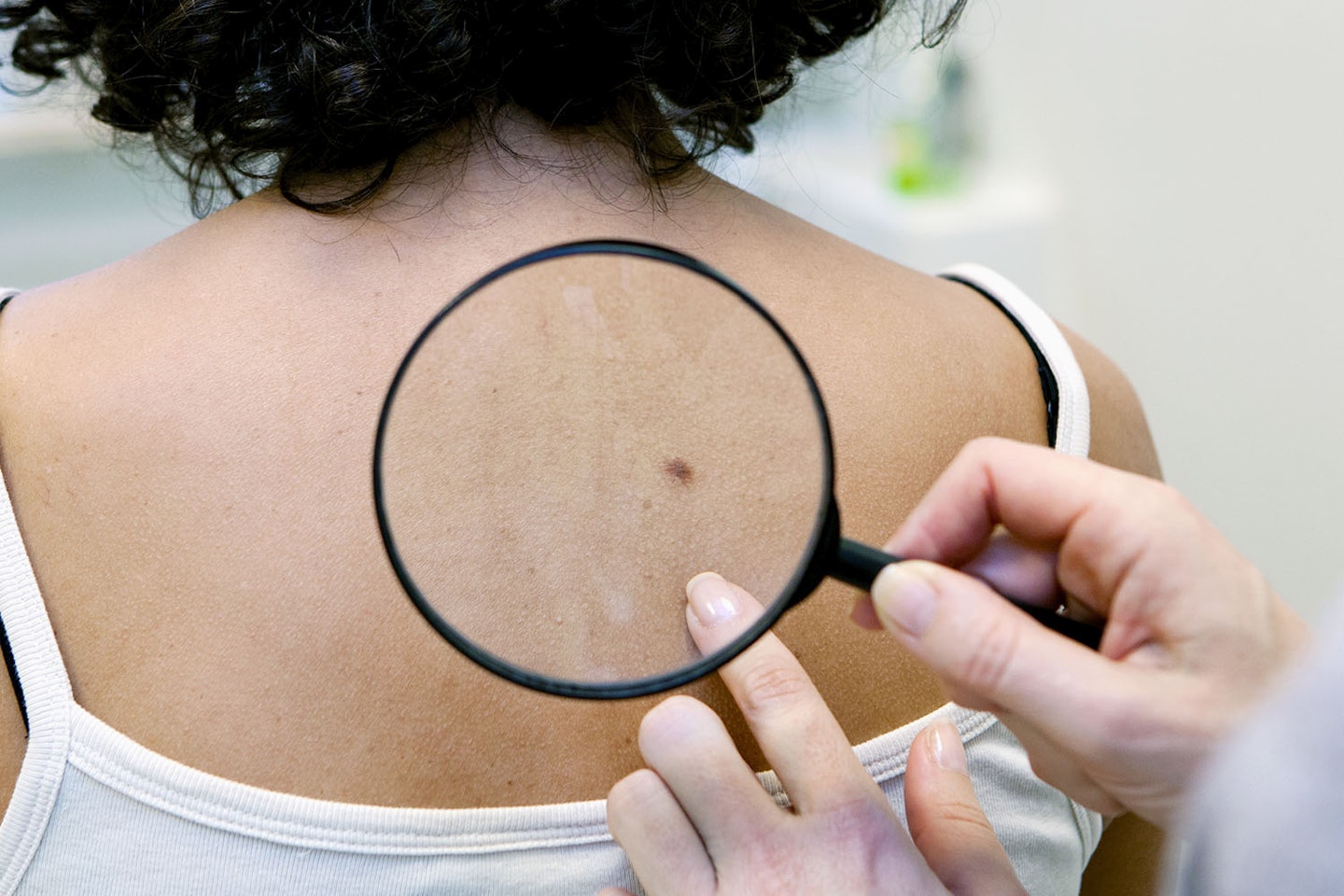 1 of 4
1 of 4Check your moles
Elaine developed a small mole on her cheek, but years later a friend said it looked different. That's why you need to check your moles every month. It's a good idea to take photos too, because you see yourself every day and may miss changes. If you're not sure, show your mum, sister or friend. Also check places like your back, bum, scalp, soles of your feet, and between your fingers.
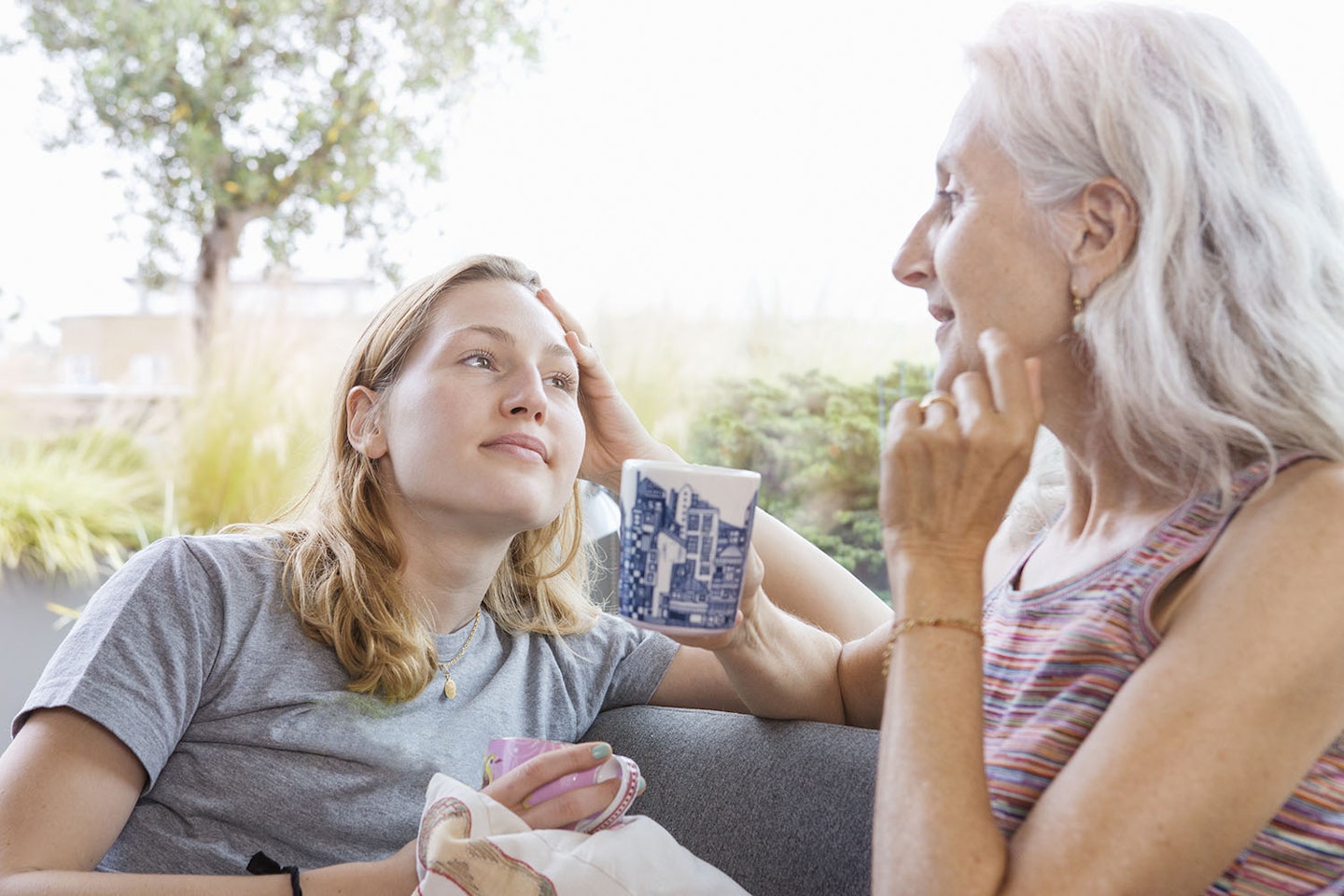 2 of 4
2 of 4Know your risk
If several relatives have had skin cancer, you're more likely to get it too, so any mole that looks suspicious should be checked. Elaine is fair-skinned, which also ups the risk, but nobody – whatever their skin type – should use sunbeds, and nobody should get burned. Burned skin is a sign you've damaged your DNA and that's a cancer risk.If you have more than 11 moles on your right arm, or any really big ones (bigger than 6mm across), your risk is increased too. If having lots of moles makes it hard to check them, you could use an app like SkinVision or Miiskin, or even pay for a mole mapping service. They cost about £150 – but if you've spent years using sunbeds, it could be a wise investment.
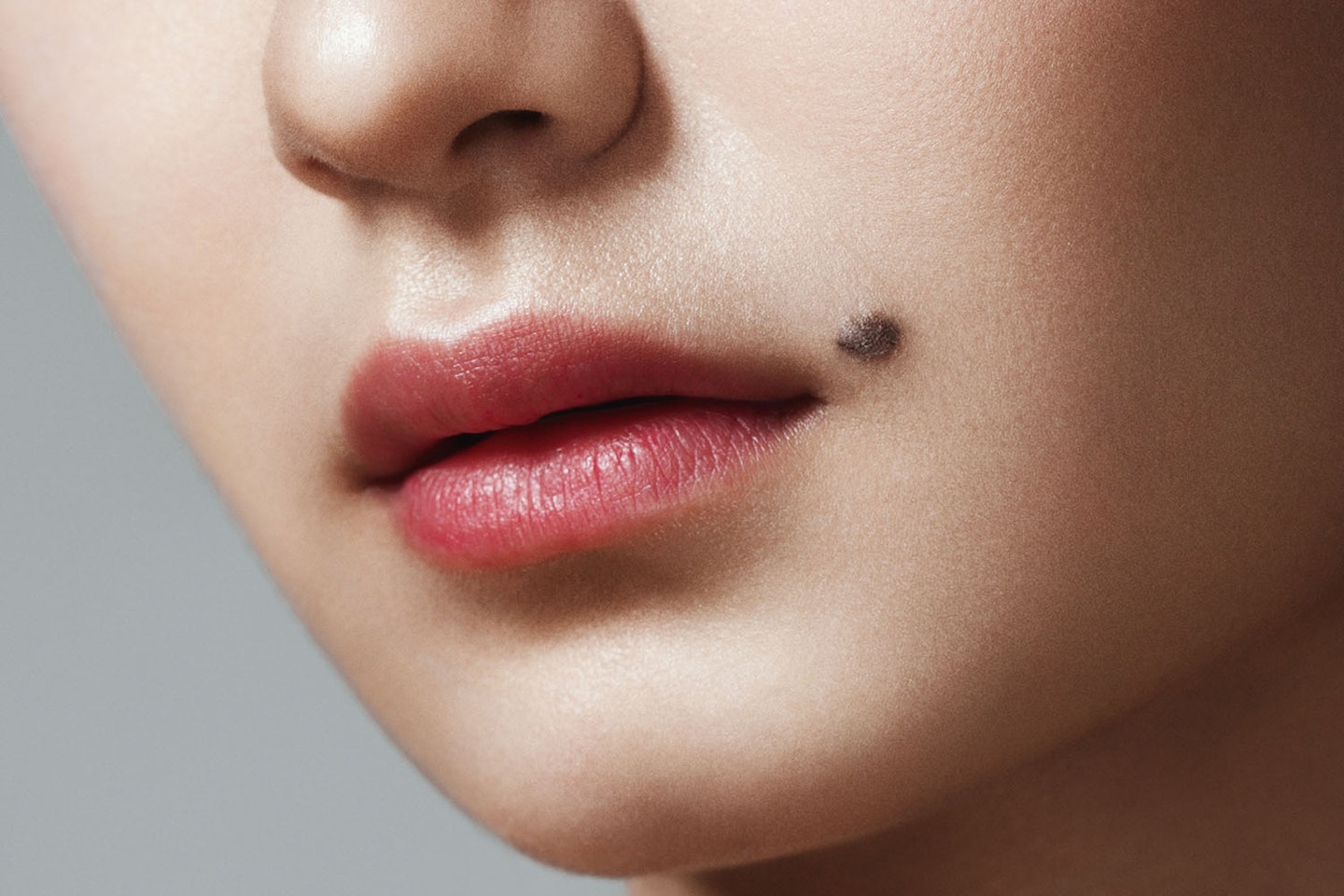 3 of 4
3 of 4What to look for
A healthy mole should be even, so both halves look the same, and the edges should be sharp – not jagged or blurred – and it should be one colour, not bigger than 6mm across and it shouldn't change. If it does, see your GP. Symptoms can take 20 years to develop, and can be caused by being burned from as far back as childhood. If you remember being as red as a lobster on childhood holidays, you need to keep checking your moles.
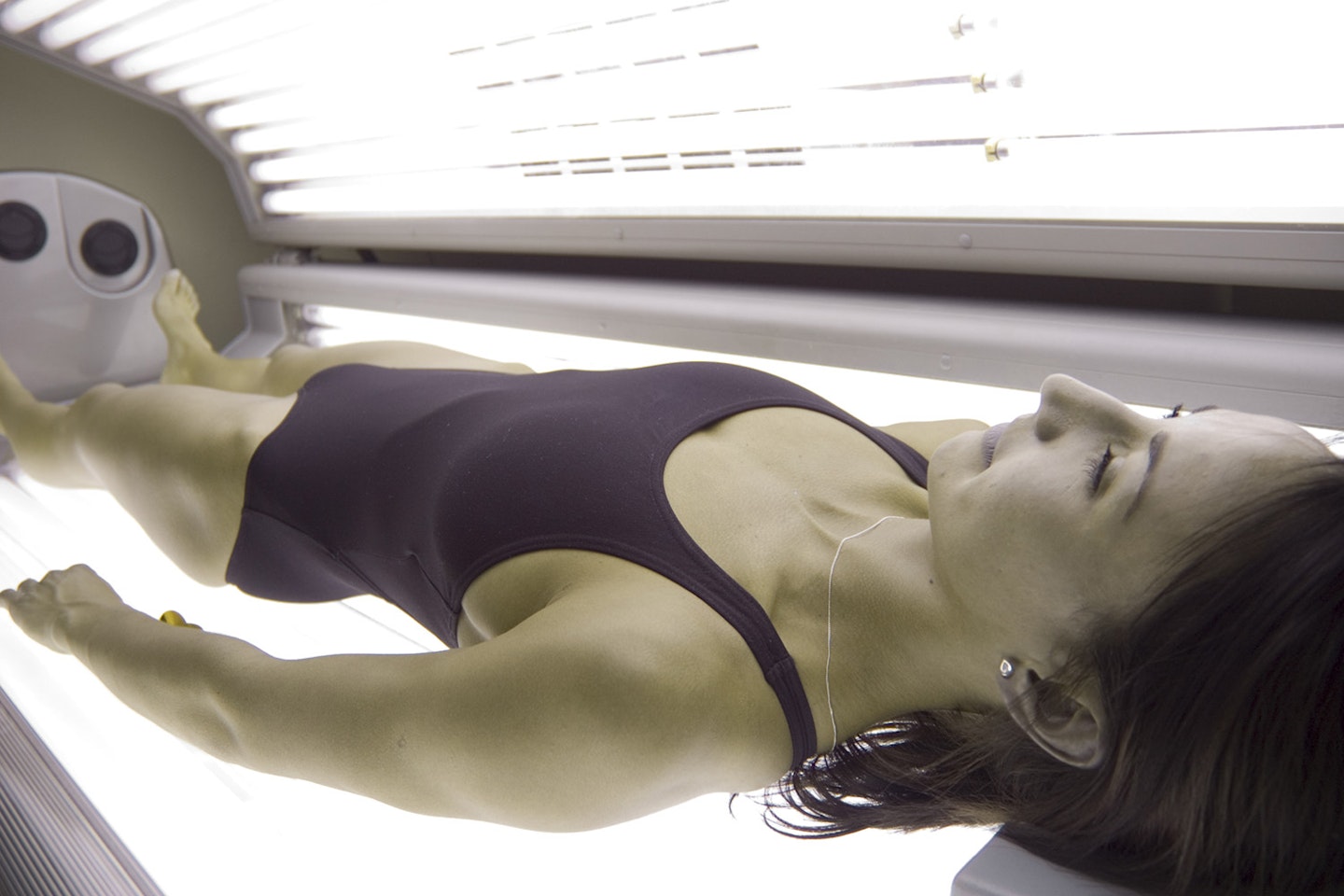 4 of 4
4 of 4Don't be fooled
Sunbeds can give out UV rays stronger than midday tropical sun, so don't think that because it's a nice machine in a shiny salon it's safe or medicalised. Those rays can also damage your eyes, so look out for dark spots or changes in your vision.Melanoma is the third most common cancer in the UK and the earlier you spot it, the easier it is to treat, so make checking your moles a monthly habit.
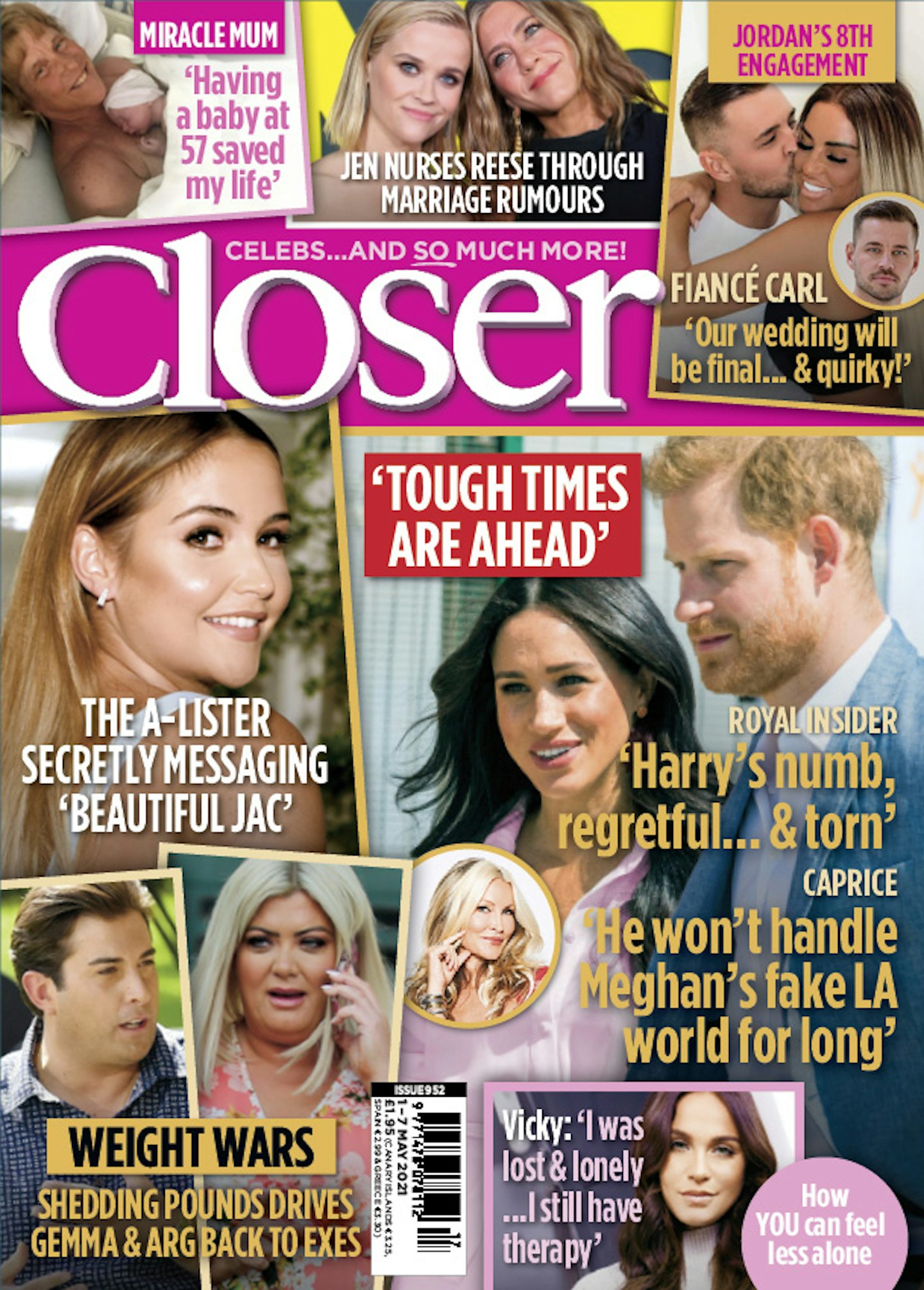
She says, “There was a bathroom where boys would graffiti ‘reviews’ of their female classmates, saying how good they were in bed, and one boy took an intimate video of his girlfriend and shared it around like a trophy.”
Sharing nude photos is a common allegation made on the website, and campaign group NotYourPorn – which lobbies for the regulation of the porn industry – says that almost 30 girls have come forward to them, revealing they found videos of themselves on free porn websites.
The abuse continued to escalate for Dandy and, aged 15, she was raped.
She says, “I’d met a boy from another school at a party a few weeks earlier and invited him to come to my house. It was only when we were having sex that I realised I didn’t want it, and I asked him to stop. I remember him smirking and saying, ‘It’s not rape if we’re both underage.’ I was terrified, but there was nothing I could do.”
It took Dandy three months to tell her best friend about her ordeal.
She says, “I thought I was complicit because I’d invited him to my house. My early experiences set the precedent that these things just happen sometimes.”
But Dandy says she hopes the Everyone’s Invited movement will make a difference.
She says, “It’s empowering to see so many people come forward. I hope we’ll see a real difference in the way we’re educating young people. This can’t go on, something has to change.”
WATCH: 'Is that a nude?' Ex On The Beach's Joey Essex and Calum Best reveal their last deleted pictures 🤭
READ MORE
Should new mums be more sensitive when sharing their experiences?
Controversial mum: ‘My sexy baby bump will make me thousands!’
Talking about relationships with your kids
- Discussing sex and relationships with your children can foster healthy, empowering relationships.
- Talk to your children from a young age – don’t wait for them to ask questions, as they may feel like some subjects are off limits.
- Pick a time when they’re relaxed, and they don’t have friends or family around.
- Make sure you speak honestly, as kids know when they’re being lied to, and don’t be judgmental.
- It’s important to talk to boys and girls about consent – which means actively saying yes to sexual activity, using both words and body language. Help them understand that consent is about feeling in control and saying yes to sexual activity because you choose to.
- Signs that might indicate your child is an unhealthy relationship include persistent changes in their mood, becoming isolated from friends, and feeling reluctant to go to school
For more information, visit NSPCC. For more information, visit Everyone's Invited. The NSPCC Report Abuse In Education Helpline can be reached on 0800 136 663 or at help@nspcc.org.uk.
